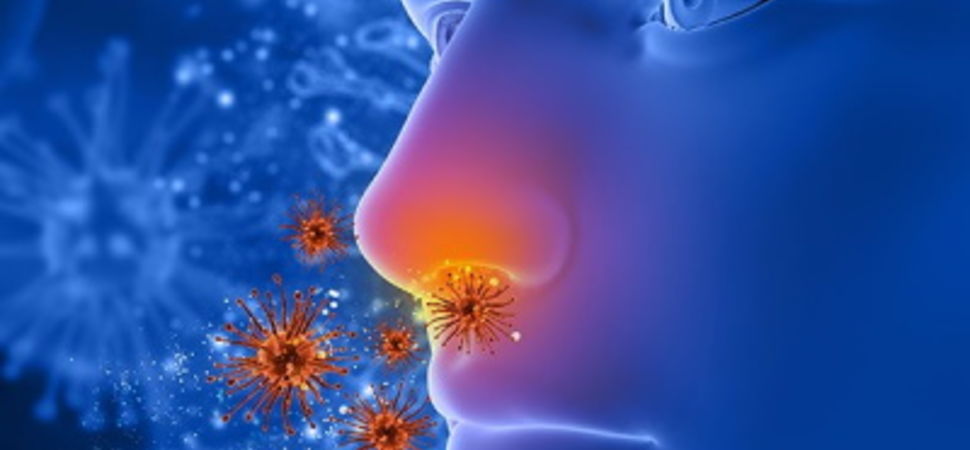
Hay Fever, Symptoms & Treatments | Ashcroft Pharmacy
About Hay fever
Hay fever (medically known as allergic rhinitis) is a prevalent allergy that affects one out of every five people at some point in their lives.
It is characterized by a hypersensitive response to certain airborne substances, particularly pollen, leading to a range of symptoms primarily affecting the upper respiratory system.
Causes and symptoms of hay fever
If you have an allergic reaction to pollen, you'll get hay fever symptoms include:
- itching eyes
- sneezing
- runny nose
These symptoms typically arise in response to exposure to allergens such as pollen.
Pollen Allergy:
Plants discharge pollen, a fine powder, as part of their reproductive cycle. It contains proteins that can irritate and inflame the nose, eyes, throat, and sinuses (little air-filled cavities behind your cheekbones and forehead).
Types of Pollen and Seasons
Hay fever may be triggered by different types of pollen released during specific seasons:
- Tree Pollen: Trees release pollen during the spring months
- Grass Pollen: Grass pollen is prevalent in late spring and early summer
- Weed Pollen: Weed pollen is more common in late autumn
Age and Symptom Progression:
Many people find that as they become older, their symptoms improve. After a few years, about half of people say their symptoms have improved. Around 10-20% of persons get total symptom disappearance.
Treatment for Hay fever
Although there is no cure for hay fever, most people can alleviate their symptoms to some extent with medication.
Avoiding pollen exposure is the most efficient strategy to prevent hay fever. However, avoiding pollen is quite tough, especially during the summer months when you want to spend more time outside.
Antihistamines, which can help avoid an allergic reaction, and corticosteroids (steroids), which can help reduce inflammation and swelling, are two treatment choices for hay fever.
Hay fever is commonly treated with over-the-counter medications obtained from your pharmacy. If your symptoms get more severe, your pharmacist may encourage you to see your doctor, since you may need prescription medicine such as:
Fexofenadine , Tablets - 120mg
You should consult your doctor if you have any of the following symptoms:
- You're having persistent hay fever consequences, such as worsened asthma or recurring episodes of sinusitis, and you can't control your symptoms with over-the-counter drugs, or you're having problematic side effects caused by the treatment.
- Your symptoms have an odd pattern, such as occuring only in the winter or exclusively at your employment (it's possible that something other than pollen is to blame, and more testing will be required to establish this).
Immunotherapy is a method of treatment for hay fever that is severe and persistent. It entails gradually increasing exposure to small amounts of pollen in order to develop resistance to its allergic effects. However, this can take months, if not years, to complete.
Who is impacted by Hay Fever?
One of the most frequent allergy disorders is hay fever. In England, it is believed that over 10 million people suffer from hay fever.
Hay fever can strike at any age, while it is most common in childhood and adolescence. It affects boys more than girls. Men and women are equally affected in adults.
If you have a family history of allergies, especially asthma or eczema, you're more likely to develop hay fever.
Hay fever self-help advice
It's occasionally possible to avoid hay fever symptoms by following some simple guidelines, such as:
- When you're outside, use wraparound sunglasses to keep pollen out of your eyes.
- When the pollen count is high, take a shower and change your clothes after being outside to eliminate the pollen from your body (over 50 grains per cubic metre of air)
- To trap pollen grains, put a small amount of Vaseline (petroleum gel) to the nasal apertures.
Complications from Hay Fever
Despite the fact that hay fever does not constitute a major health risk, it can have a detrimental influence on one's quality of life. People who suffer from severe hay fever often find that it interferes with their ability to concentrate at school or at work.
Sinusitis (inflammation of the sinuses) is another common hay fever consequence. As a result of hay fever, children may get a middle ear infection (otitis media).
Sources

